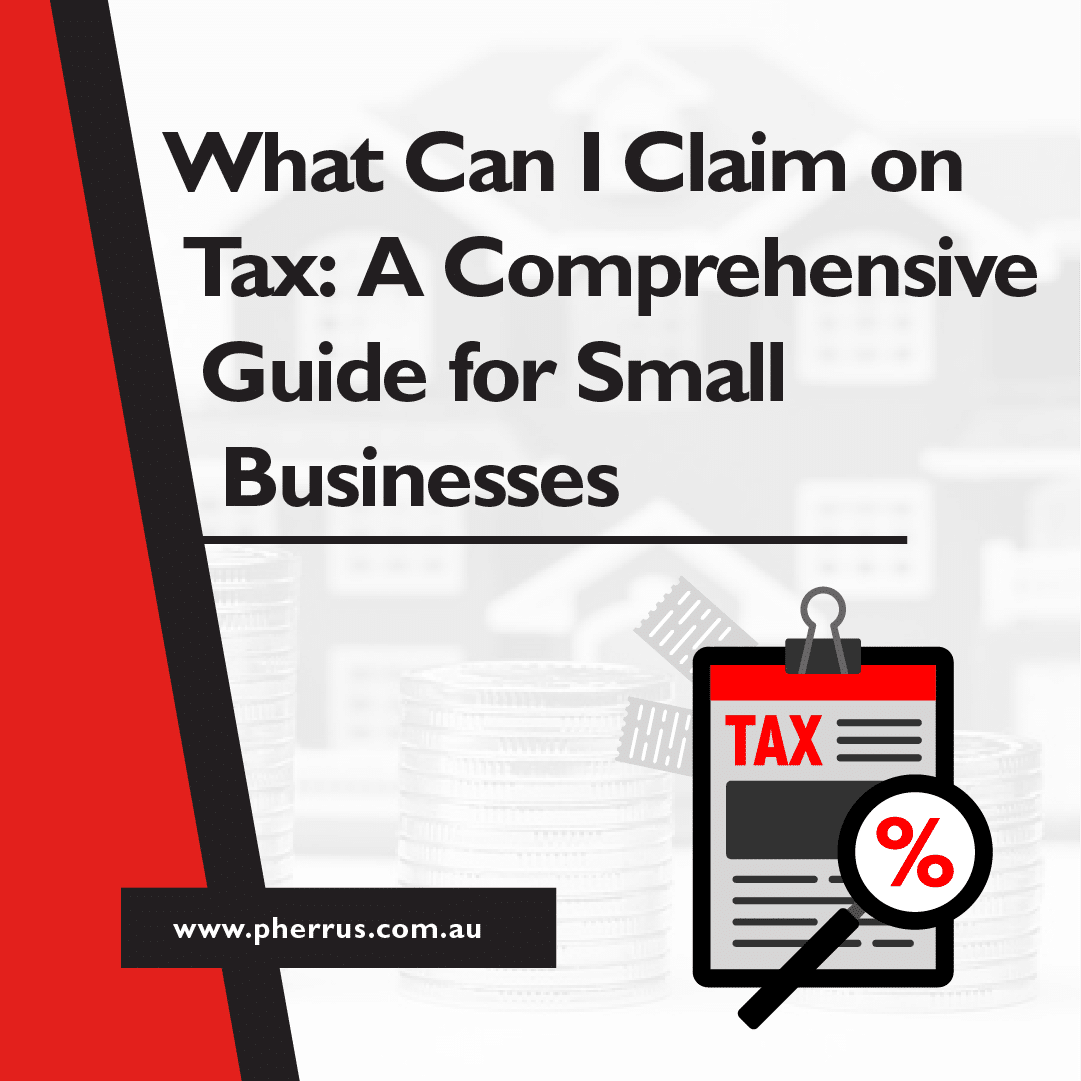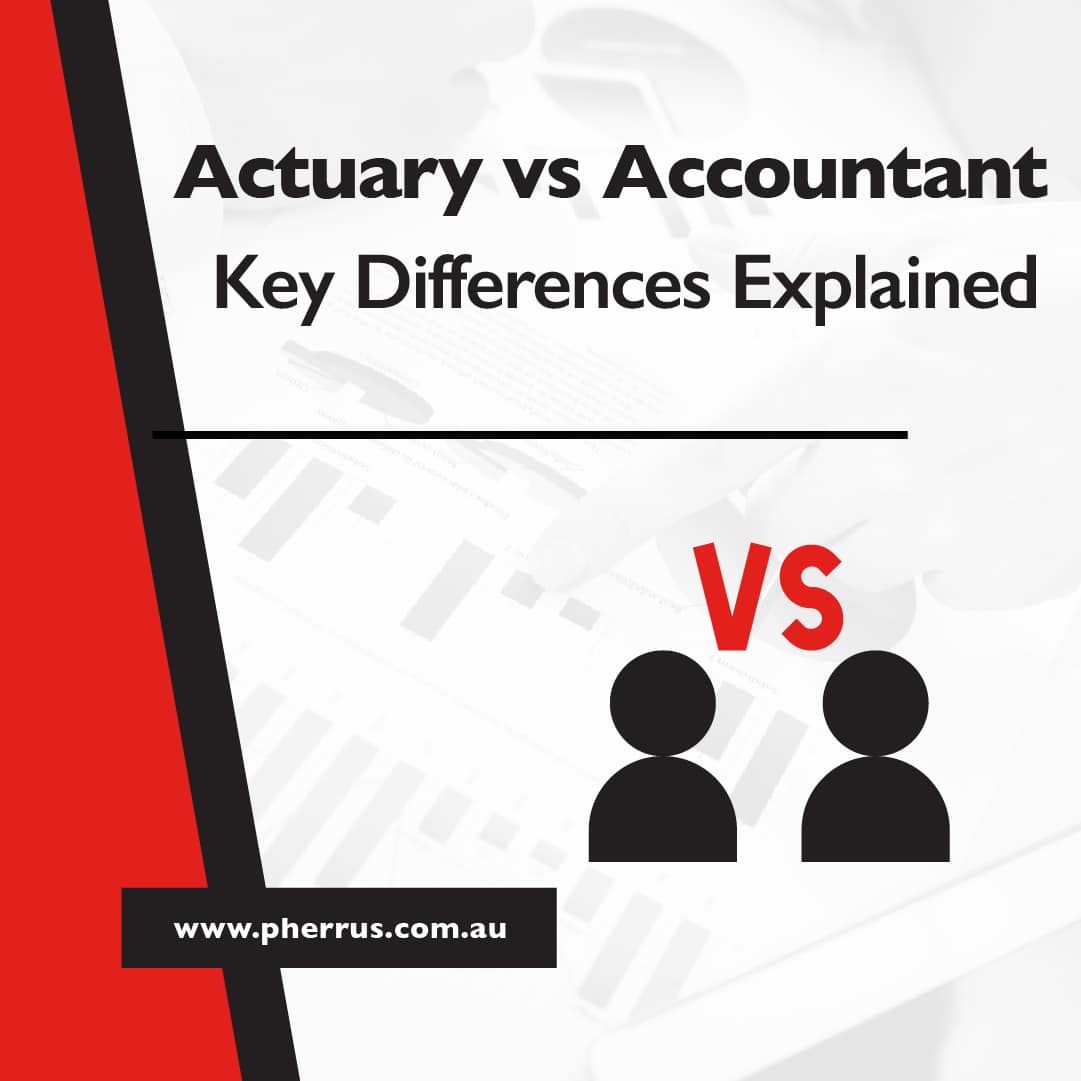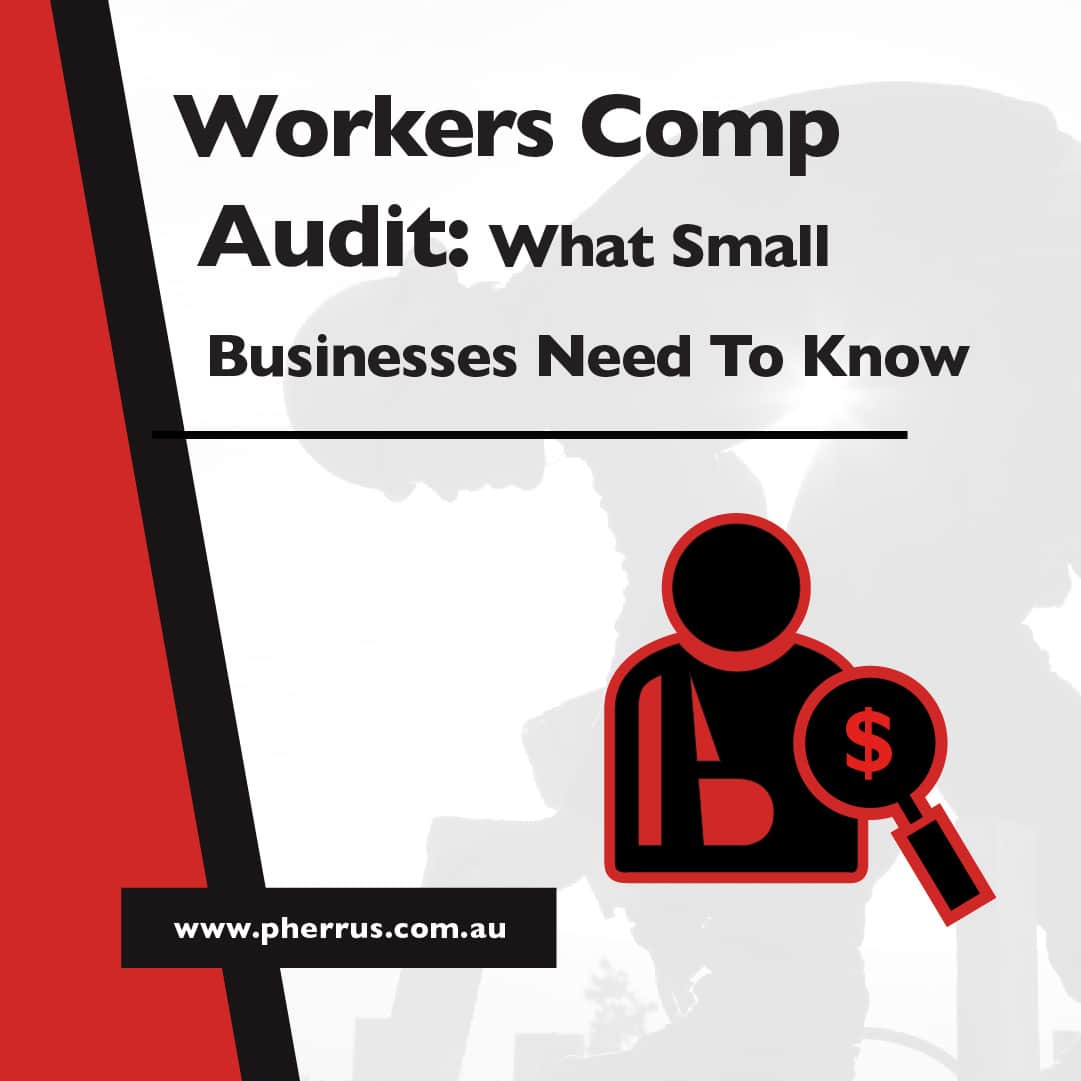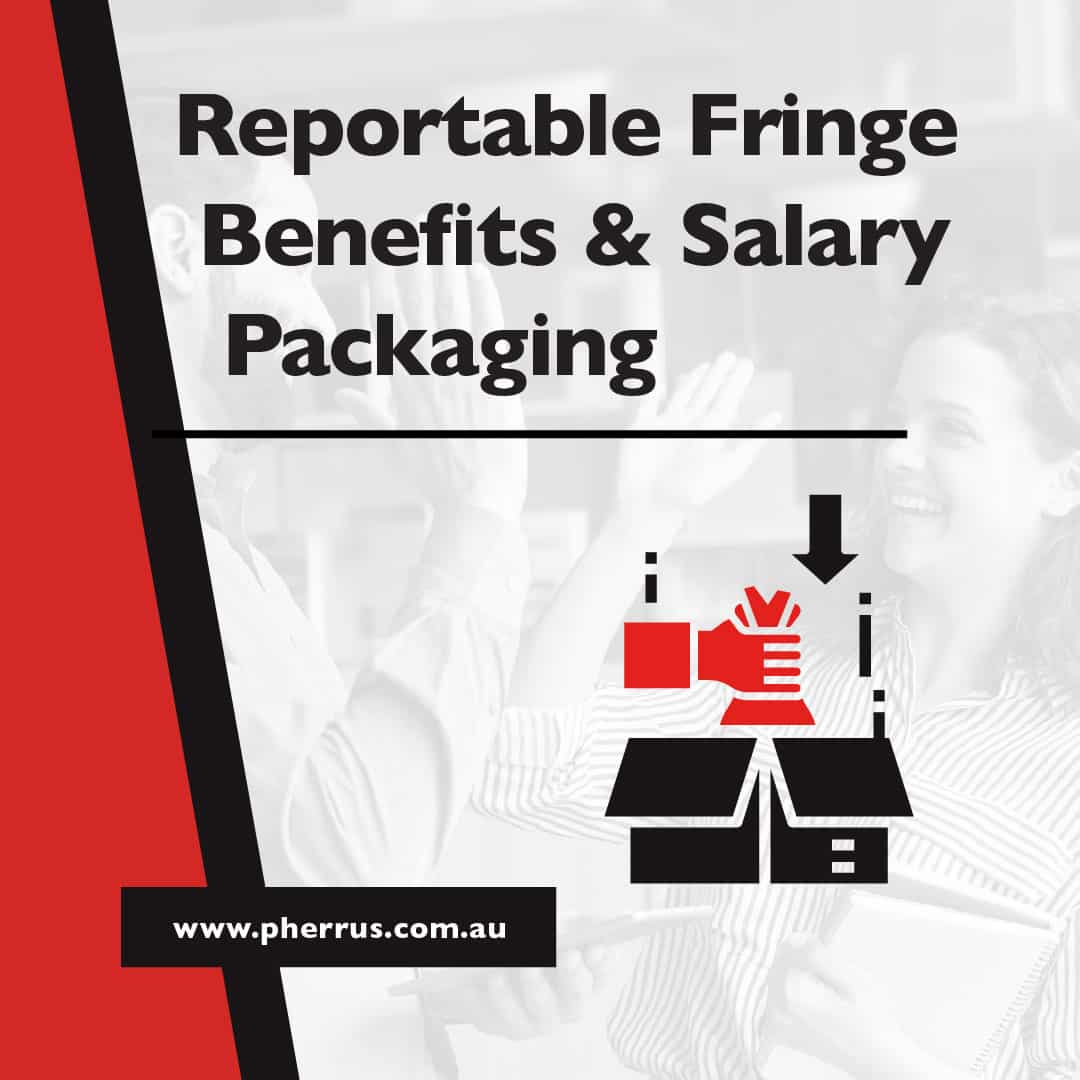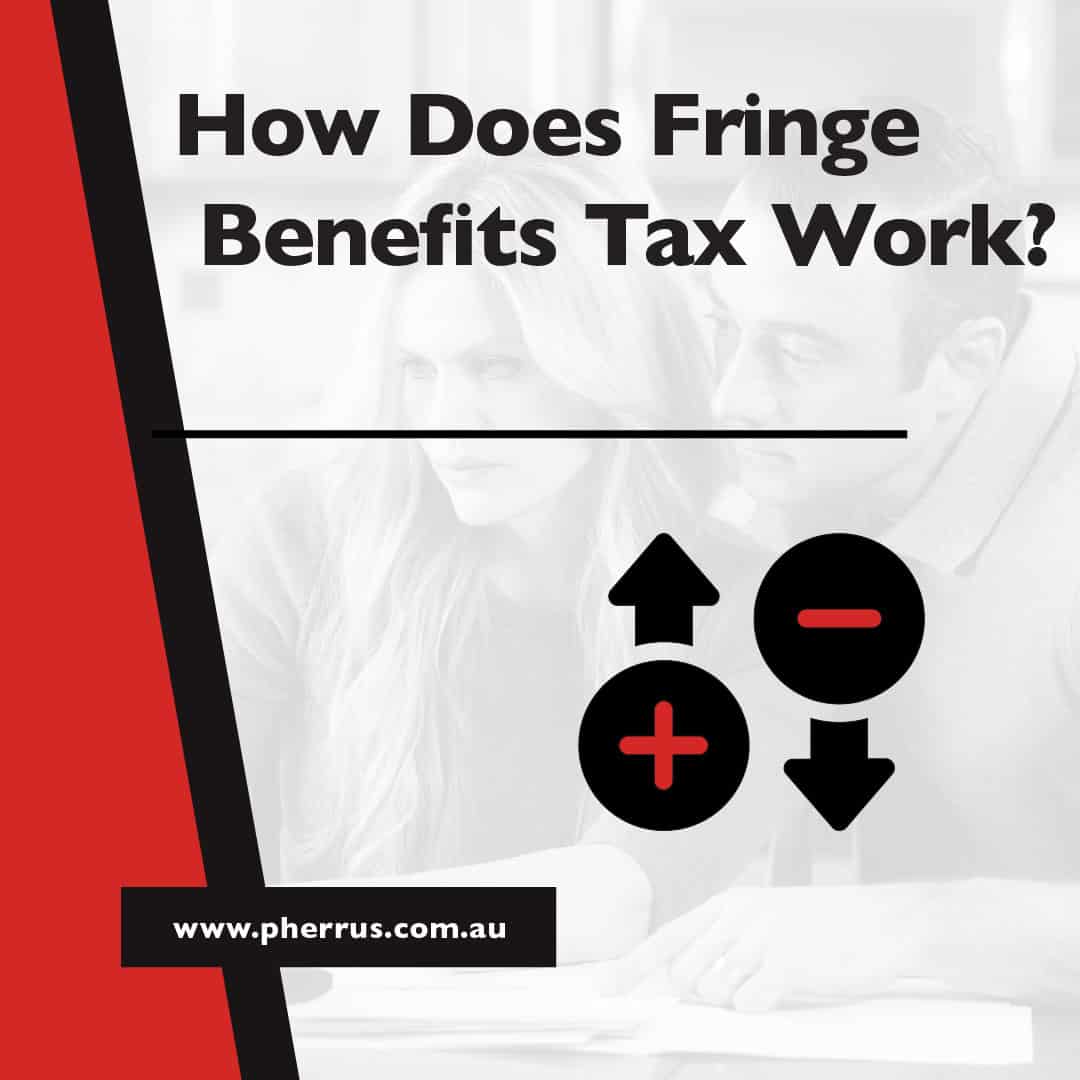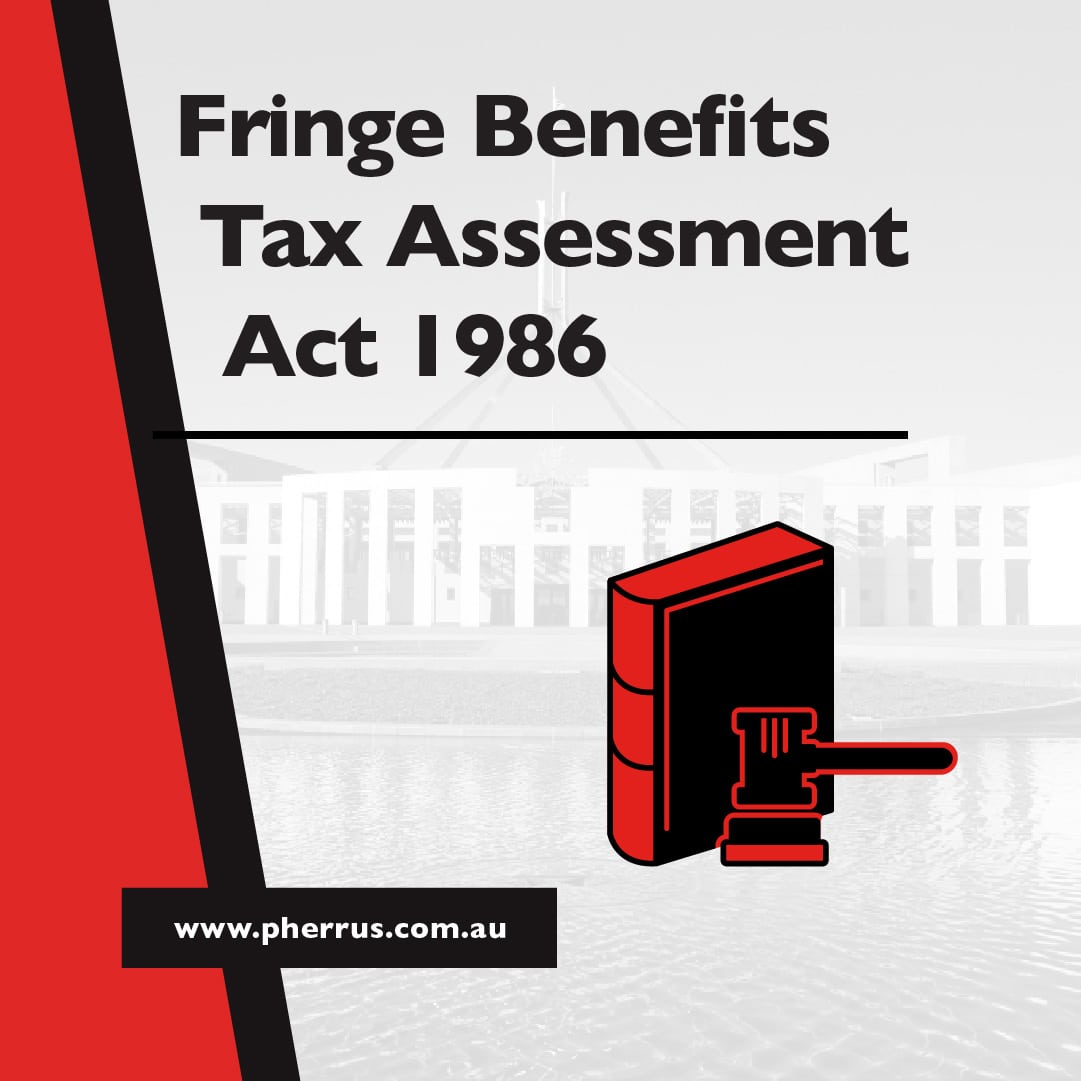Bank Valuations: What’s the Deal?
Have you finally found the house you’ve been dreaming of? Or are you selling your home to move on to the next adventure, whether that’s downsizing, upsizing, or relocating? Before the bank hands over a loan to help you buy a place or help a buyer buy yours, they’ll want to know one thing—what’s the…




